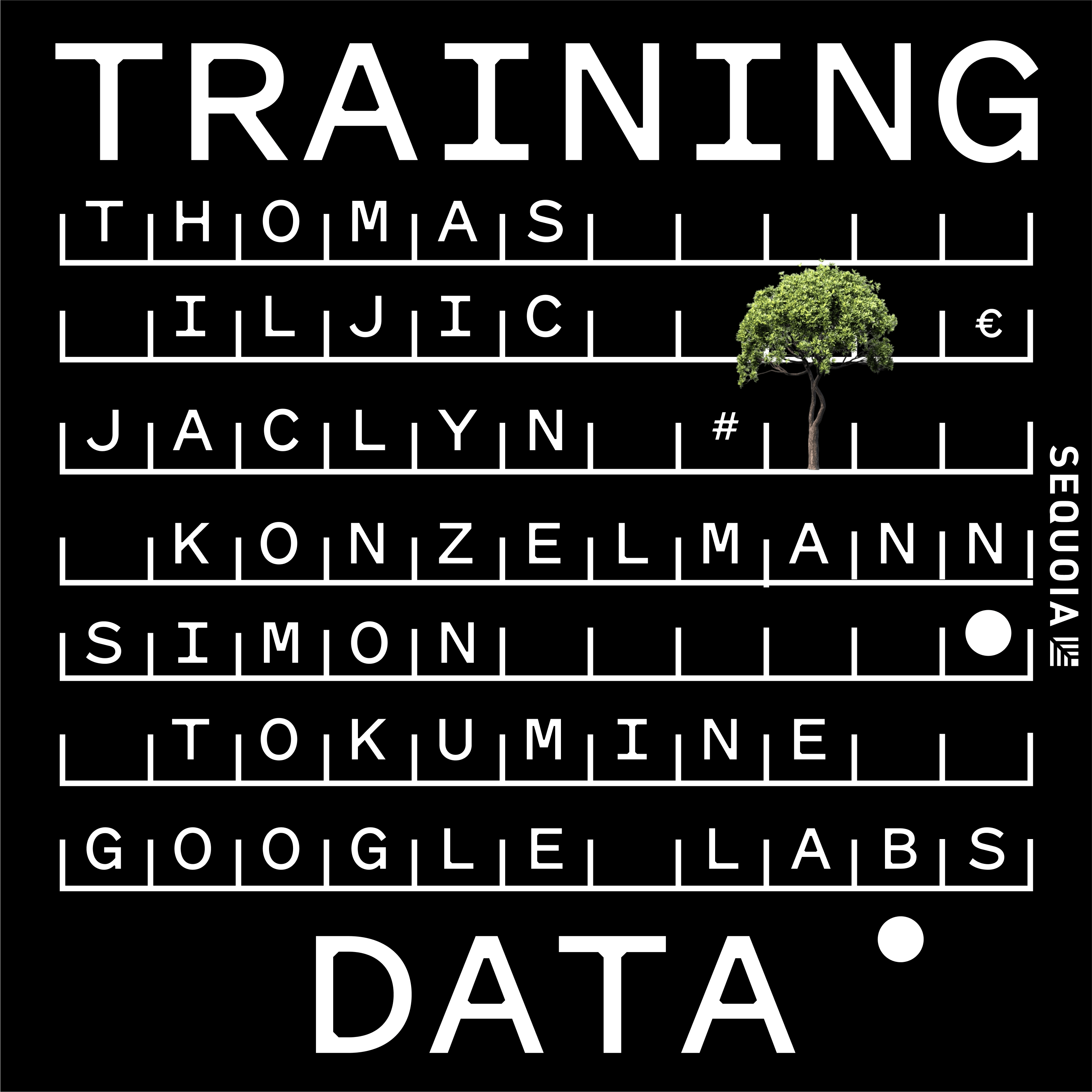
Google I/O Afterparty: The Future of Human-AI Collaboration, From Veo to Mariner
🤖 AI Summary
Overview
This episode dives into the cutting-edge AI innovations unveiled at Google I/O, focusing on three transformative projects from Google Labs. Thomas Iljic discusses how generative AI is reshaping video creation with tools like Whisk and Flow, merging filmmaking and gaming. Jaclyn Konzelmann introduces Project Mariner, an intelligent agent that automates browser tasks while preserving user context. Simon Tokumine explores NotebookLM’s evolution from viral audio overviews to a platform for personalized knowledge transformation. The conversation highlights the shift from text-based prompting to intuitive show and tell
interfaces, the future of e-commerce with AI agents, and the challenges of being ahead of the curve in AI development.
Notable Quotes
- Movies and games are starting to merge. Am I sharing an image, or am I sharing an experience?
– Thomas Iljic, on the future of generative video.
- I gave Mariner a task, and it just remembered five URLs for me. I wish I could do that.
– Jaclyn Konzelmann, on the superhuman efficiency of AI agents.
- The most awesome movie ever might just be a hero’s journey comic book of someone’s LinkedIn career arc.
– Simon Tokumine, on personalized AI-generated content.
🎥 Generative Video and the Future of Filmmaking
- Thomas Iljic explains how Whisk and Flow are democratizing video creation. Whisk targets casual creators with remixable content, while Flow caters to AI filmmakers with tools for world-building and iterative refinement.
- Generative AI cameras are envisioned as the DSLRs of AI filmmaking,
enabling creators to shoot, reshoot, and refine scenes in virtual worlds.
- The latest Veo 3 model introduces co-generated audio, enhancing realism and virality in video outputs.
- Iljic predicts a convergence of movies and games, where dynamic, interactive storytelling blurs traditional boundaries.
🖱️ Project Mariner: Redefining Computer Use
- Jaclyn Konzelmann describes Mariner as an AI agent that automates browser tasks, from adding recipe ingredients to shopping carts to managing multiple tasks simultaneously.
- Users can oversee or delegate tasks entirely, with Mariner providing summaries of completed actions for verification.
- The project evolved from a browser takeover prototype to a background assistant running on virtual machines, enabling multitasking without disrupting user workflows.
- Future goals include expanding Mariner’s capabilities to operate across devices and integrate memory and advanced tool use.
📚 NotebookLM: Personalized Knowledge Transformation
- Simon Tokumine highlights NotebookLM’s viral success with audio overviews, which summarize complex information in conversational podcast formats.
- The platform is expanding into new media formats like mind maps and comic book-style summaries, adapting content to user needs and contexts.
- NotebookLM focuses on long-term projects for knowledge workers and students, aiming to assist with ongoing learning and productivity.
- A new mobile app opens opportunities for novel use cases, such as recording and transforming live discussions into actionable insights.
🛒 AI in E-Commerce and Business Models
- Mariner’s ability to automate shopping tasks, like building universal carts across multiple sites, could revolutionize e-commerce by removing friction and increasing conversions.
- Agents may bypass traditional ad-driven models, prioritizing the best products over promoted ones, potentially reshaping online business strategies.
- Simon Tokumine notes that AI could make online shopping more accessible for users who find current processes cumbersome, driving broader adoption.
🔮 Predictions and Challenges in AI Development
- Panelists agree that video and remixable content will be breakout applications in the next 12 months, with generative tools enabling new forms of creativity.
- Timing remains a key challenge; Google Labs often pioneers ideas that are ahead of their time, requiring patience for technology and user readiness to align.
- The shift from text-based prompting to intuitive show and tell
interfaces is seen as a lasting trend, making AI tools more accessible and user-friendly.
- The team emphasizes the importance of riding the curve of decreasing inference costs and increasing model capabilities to unlock new possibilities.
AI-generated content may not be accurate or complete and should not be relied upon as a sole source of truth.
📋 Episode Description
Fresh off impressive releases at Google’s I/O event, three Google Labs leaders explain how they’re reimagining creative tools and productivity workflows. Thomas Iljic details how video generation is merging filmmaking with gaming through generative AI cameras and world-building interfaces in Whisk and Veo. Jaclyn Konzelmann demonstrates how Project Mariner evolved from a disruptive browser takeover to an intelligent background assistant that remembers context across multiple tasks. Simon Tokumine reveals NotebookLM’s expansion beyond viral audio overviews into a comprehensive platform for transforming information into personalized formats. The conversation explores the shift from prompting to showing and telling, the economics of AI-powered e-commerce, and why being “too early” has become Google Labs’ biggest challenge and advantage.
Hosted by Sonya Huang, Sequoia Capital
00:00 Introduction
02:12 Google's AI models and public perception
04:18 Google's history in image and video generation
06:45 Where Whisk and Flow fit
10:30 How close are we to having the ideal tool for the craft?
13:05 Where do the movie and game worlds start to merge?
16:25 Introduction to Project Mariner
17:15 How Mariner works
22:34 Mariner user behaviors
27:07 Temporary tattoos and URL memory
27:53 Project Mariner's future
29:26 Agent capabilities and use cases
31:09 E-commerce and agent interaction
35:03 Notebook LM evolution
48:26 Predictions and future of AI
Mentioned in this episode:
-
Whisk: Image and video generation app for consumers
-
Flow: AI-powered filmmaking with new Veo 3 model
-
Project Mariner: research prototype exploring the future of human-agent interaction, starting with browsers
-
NotebookLM: tool for understanding and engaging with complex information including Audio Overviews and now a mobile app
-
Shop with AI Mode: Shopping app with a virtual try-on tool based on your own photos
-
Stitch: New prompt-based interface to design UI for mobile and web applications.
ControlNet paper: Outlined an architecture for adding conditional language to direct the outputs of image generation with diffusion models
